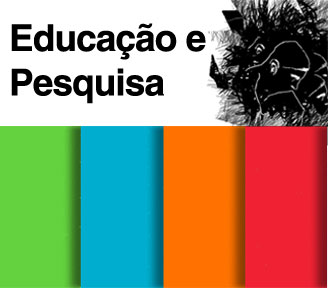The social invisibility of Mapuche people in the teaching of History in Chile
DOI:
https://doi.org/10.1590/S1678-4634202248243440espKeywords:
History teaching, Mapuche culture, Cultural diversity, Curriculum designAbstract
This article proposes a substantive theory intended to explain the Mapuche people’s social invisibility phenomenon in the History and Social Sciences school curriculum, based on what elementary school teachers think, say and do in Chile. The research method was designed using Grounded Theory through its systematic and reflexive modality.This study was developed by means of a triangulation method combining questionnaires, interviews and participant observations, applied to elementary school teachers. The investigation integrated the different elements of Grounded theory into an organizational scheme that included the structure proposed by Strauss and Corbin (2002) and the research process for the purpose of developing our theory. The data codification process was conducted with the help of ATLAS.ti software. The results show an oficial knowledge policy that operates within the curriculum and makes the Mapuche history and memory invisible in the History school curriculum. Furthermore, there are certain mechanisms that intervene in the maintenance of this social invisibility, such as standardized tests, the professional development of elementary school teachers and the educational community.
Downloads
Downloads
Published
Issue
Section
License
Copyright (c) 2022 Educação e Pesquisa

This work is licensed under a Creative Commons Attribution-NonCommercial 4.0 International License.
Authors assume exclusive responsibility for the concepts expressed in their articles, which do not necessarily reflect the journal’s opinion.
Permission to photocopy all or part of the material published in the journal is granted provided that the original source of publication be assigned.



